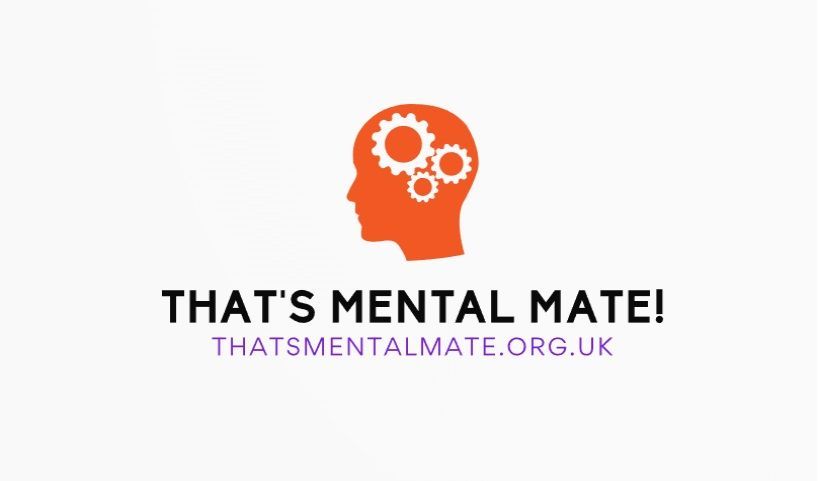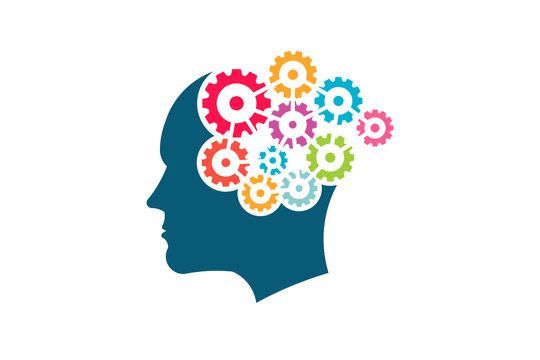Phobias
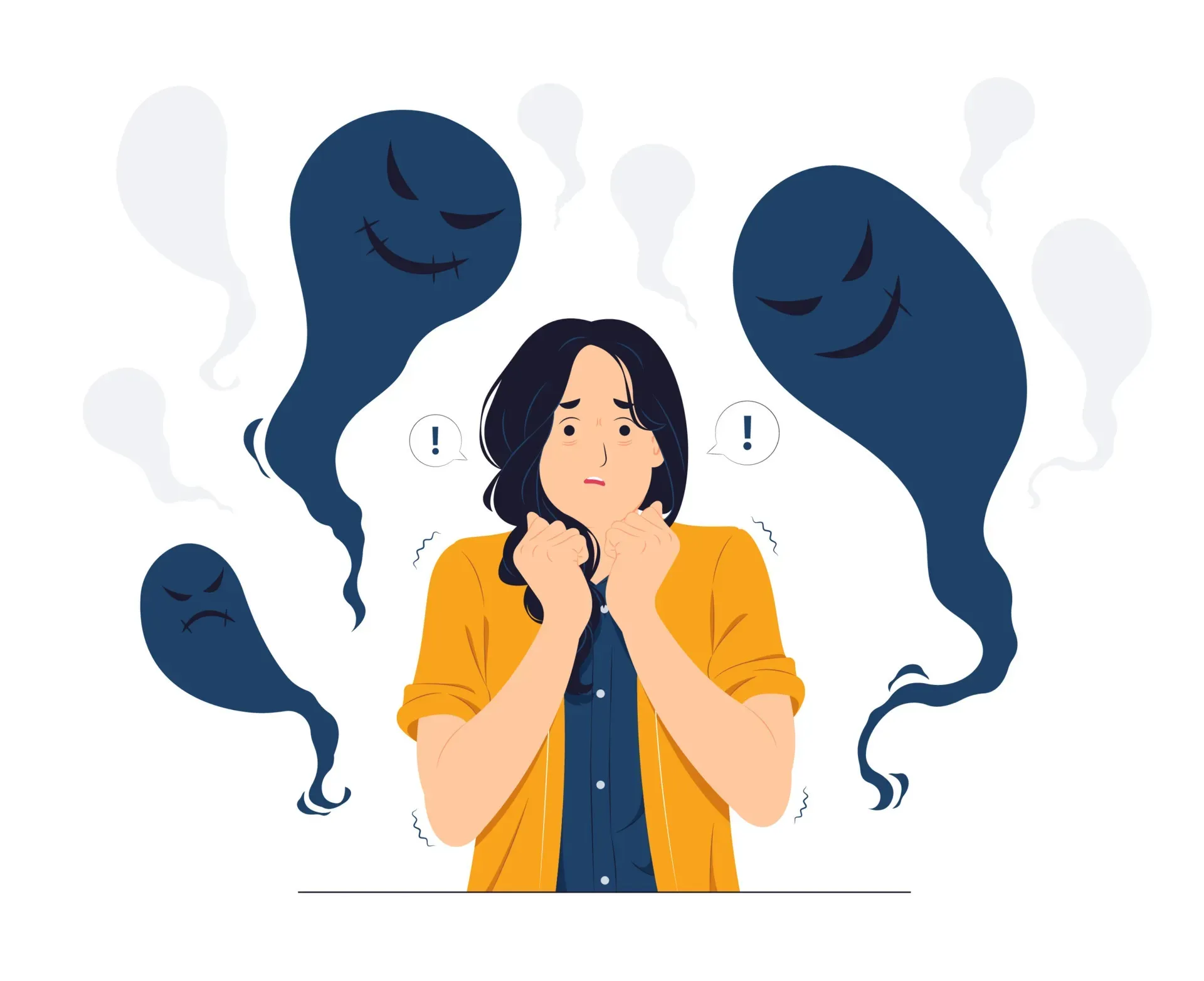
What is a phobia?
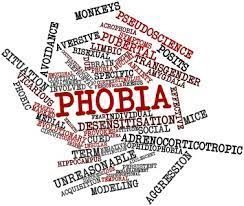
A phobia is an uncontrollable, irrational, and lasting fear of a certain object, situation, or activity. This fear can be so overwhelming that a person may go to great lengths to avoid the source of this fear. One response can be a panic attack. This is a sudden, intense fear that lasts for several minutes. It happens when there is no real danger.
What are the symptoms of a phobia?
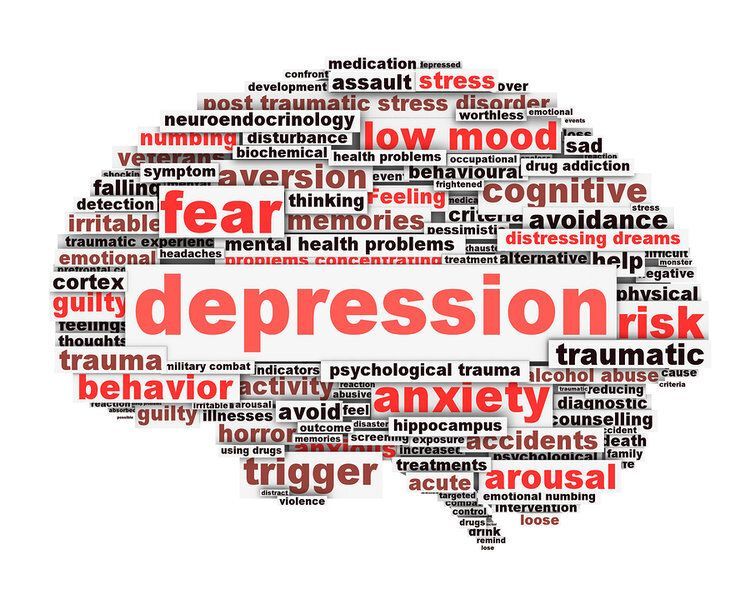
Specific phobia is an extreme fear of an object or situation that typically isn't harmful.
Examples may include a fear of:
- Flying (fearing the plane will crash)
- Dogs (fearing the dog will bite or attack)
- Closed-in places (fear of being trapped)
- Tunnels (fearing a collapse)
- Heights (fear of falling)
People with specific phobia know that their fear is extreme. But they can't overcome it. The problem is diagnosed only when the specific fear interferes with daily activities of school, work, or home life.
There is no known cause, although they seem to run in families. They are also found slightly more often in women. If the object of the fear is easy to avoid, people with phobias may not seek treatment. Sometimes, however, they may make important career or personal decisions to avoid a situation that includes the source of the phobia.
Social phobia is an anxiety disorder in which a person has significant anxiety and discomfort related to a fear of being embarrassed, humiliated, or scorned by others in social or performance situations. Even when they manage to confront this fear, people with social phobia usually:
Feel very anxious before the event or outing.
Feel intensely uncomfortable throughout the event or outing.
Have lingering unpleasant feelings after the event or outing.
Social phobia often happens with the following:
- Public speaking
- Meeting people
- Dealing with authority figures
- Eating in public
- Using public restrooms
Although this disorder is often thought of as shyness, they are not the same. Shy people can be very uneasy around others, but they don't have the extreme anxiety in anticipating a social situation. Also, they don't necessarily avoid circumstances that make them feel self-conscious. In contrast, people with social phobia are not necessarily shy at all, but can be completely at ease with some people most of the time.
Most people with social phobia will try to avoid situations that cause distress.
What are the treatments for phobias?
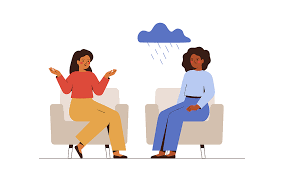
When phobias interfere with a person's life, treatment can help. For specific phobias, cognitive-behavioral therapy (CBT) with exposure treatment is advised. In exposure therapy, people are gradually exposed to what frightens them until the fear starts to fade. Relaxation and breathing exercises also help to ease symptoms.
People with social phobia often find relief when treated with cognitive-behavioral therapy, medicine, or a mix of both.
What is Agoraphobia?

Agoraphobia involves the fear of having a panic attack in a place or situation from which escape may be hard or embarrassing.
The anxiety of agoraphobia is so severe that panic attacks are not unusual. People with agoraphobia often try to avoid the location or cause of their fear. Agoraphobia involves fear of situations like the following:
- Being alone outside his or her home.
- Being at home alone.
- Being in a crowd.
- Traveling in a vehicle.
- Being in an elevator or on a bridge.
- People with agoraphobia typically avoid crowded places like streets, crowded stores, churches, and theaters.
Most people with agoraphobia get it after first suffering a series of panic attacks. The attacks happen randomly and without warning, and make it impossible for a person to predict what will trigger the reaction. This unpredictability of the panic causes the person to anticipate future panic attacks and, eventually, fear any situation in which an attack may happen. As a result, they avoid going into any place or situation where previous panic attacks have happened.
People with the disorder often become so disabled that they literally feel they cannot leave their homes. Others who have agoraphobia, do go into potentially "phobic" situations, but only with great distress, or when accompanied by a trusted friend or family member.
People with agoraphobia may also have depression, fatigue, tension, alcohol or drug abuse problems, and obsessive disorders, making treatment crucial.
Support
Below are a list of organisations that can help you to find out what help is out there for you. Please let us know if any of the links are out of date by clicking here and we will find the correct information for you. All information is correct at the time of posting.
Unmasked Mental Health - Halifax

"Mental health comprises our emotional, psychological, and social wellbeing. It affects how we feel, think and act. It also is a determinant of how we handle stress. Thus, it is very important at every stage of life.
People who have good health can still have underlying emotional problems and mental health problems. This can be caused by a physical imbalance in the brain, stress, family problems and stressful work/education can make it worse.
With an estimated 1 in 4 people experiencing some form of mental illness, it’s probable that you, or one of your loved ones, could be living with a mental health issue in silence.
Here at Unmasked Mental Health, our goal is simple, through our Hubs, Counselling Services and our Training provision, we want to provide safe, stable and regulated environments where people who are suffering from poor mental health can communicate with each other, get professional support and to educate employers and others on how to support people who may be struggling.
We are proud to partner with many other organisations within the communities we operate. Unmasked are a social prescriber service working in partnership with NHS England which means you can be referred to us for support directly from your GP."
"Mental health comprises our emotional, psychological, and social wellbeing. It affects how we feel, think and act. It also is a determinant of how we handle stress. Thus, it is very important at every stage of life.
People who have good health can still have underlying emotional problems and mental health problems. This can be caused by a physical imbalance in the brain, stress, family problems and stressful work/education can make it worse.
With an estimated 1 in 4 people experiencing some form of mental illness, it’s probable that you, or one of your loved ones, could be living with a mental health issue in silence.
Here at Unmasked Mental Health, our goal is simple, through our Hubs, Counselling Services and our Training provision, we want to provide safe, stable and regulated environments where people who are suffering from poor mental health can communicate with each other, get professional support and to educate employers and others on how to support people who may be struggling.
We are proud to partner with many other organisations within the communities we operate. Unmasked are a social prescriber service working in partnership with NHS England which means you can be referred to us for support directly from your GP."
